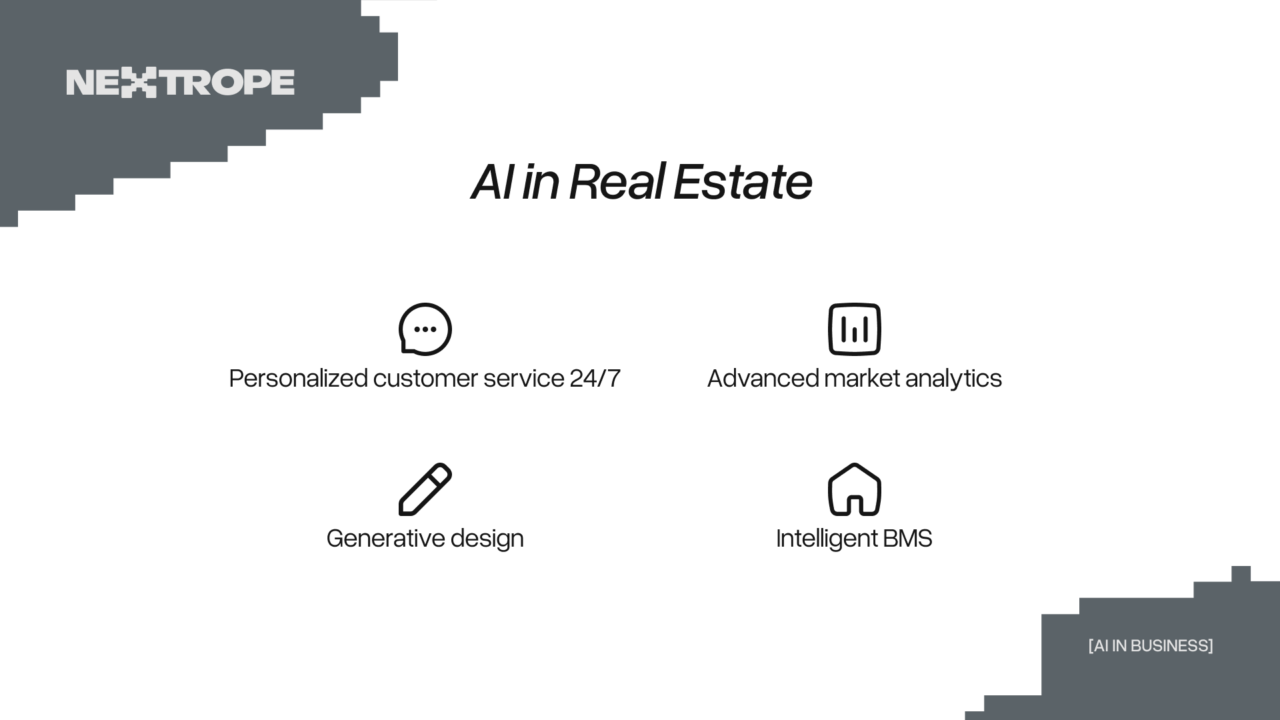Will Layer 2 solve the problem of high fees resulting from Ethereum network congestion? We believe it will. However, many question marks remain.
Ethereum's popularity also has its dark side. As the network becomes more crowded, transaction speeds slow down and fees (gas) increase. Layer 2 is the collective term for solutions to improve application scaling by handling transactions outside of Ethereum's core network, while leveraging its decentralized security model. It is Layer 2 that was supposed to be the answer to the problems facing dapps developers and users today. However, will it overcome the obstacles facing it?
Why do we need Layer 2?
It was Ethereum that allowed the world of decentralized finance to emerge, but there are still a few problems standing in the way of its further development. Ethereum is currently only able to process 15 transactions per second. This is not much compared to Mastercard or Visa, which are able to process up to 1,500 of them at the same time.
There are a number of problems with this - the network is often congested, which translates into gas charges, often raising them to extremely high values. Of course, this does not positively affect the scaling of the entire network, nor the dapps on Ethereum built.
These problems are supposed to be solved by the ongoing upgrade to Ethereum 2.0. However, it will still take a relatively long time before this upgrade is complete. And already today at peak times Ethereum usage reaches up to a million transactions a day, so solutions are needed much sooner.
Examples of Layer 2 solutions
Among L2 solutions, there is a breakdown into basic categories, including:
Plasma
These types of solutions use Merkle trees to create an additional chain next to the main blockchain. This allows for faster transactions while reducing costs, since not all data is stored in the ledger.
However, Plasma also has its limitations: its framework supports only a fraction of transaction types, so it is not suitable for use with more complex DeFi operations.
Examples of Plasma solutions include: Polygon and OMG
Channels
Channels allow users to perform multiple transactions off the main chain, while sending two of them to the settlement layer, Ethereum. This significantly increases throughput and lowers costs, but as with Plasma, it has some limitations. First, users must be known prior to transactions and deposit funds as part of a multi-tenant agreement. As a result, the network must be monitored regularly. In addition, setting up channels between users is relatively time consuming, which limits the openness of participation.
Examples of channels include: Raiden i Connext.
Sidechains
Sidechains are chains that operate independently of the main blockchain, using their own consensus algorithm. They connect to Ethereum using bidirectional bridges.
Examples of Sidechains include Skale i xDAI.
Layer 2 restrictions
Layer 2 solutions are supposed to solve the major problems of Ethereum 2.0, but unfortunately they also turn out to have their potential limitations. Of course, this does not change the fact that Layer 2 remains a necessary step in the right direction, even in the context of upgrading to Ethereum 2.0. The throughput and speed that Layer 2 solutions offer cannot be achieved on Layer 1 of the Ethereum 2.0 network alone.
However, it is worth remembering that currently Layer 2 is not yet perfect. Here are some of its problems:
Less Composability
It is the composability that is one of the most important features of modern DeFi. Thanks to the mutual compatibility of disparate designs, decentralized finance has been able to conquer the hearts of users around the world.
Unfortunately, this feature is limited in Layer 2 - currently different Layer 2 solutions do not work together. In short, a dapp on one chain will not be able to interact with a dapp built on another.
In Layer One, a single transaction can interact with multiple Defi protocols; in L2, a transaction can only interact with those that exist in its own chain.
The solution to this problem is seen in interoperable layers such as Polygon, which is supposed to combine all Layer 2 solutions in a standard structure. However, it will take some time before this happens.
Liquidity
Another issue related to the fragmentation of decentralized applications on different L2 chains is the risk of liquidity constraints. And this, as is well known, is one of the most important elements of financial markets.
Currently, liquidity is guaranteed by the Ethereum network, providing a liquid marketplace for tokens and dApps created on it. It remains an open question as to what effect transparency on Layer 2 will have on liquidity when it is split between the first Ethereum layer and scaling solutions.
Problems when switching between solutions
Unfortunately, at least in the initial phases of development, friction between Layer 2 solutions will not be avoided. We will most likely see numerous bridges between different chains, which may involve long deployment times when moving funds between chains.
Users can also expect to need to have multiple accounts for different L2 chains. From a UX perspective, this will present one of the most significant problems.
Implementing Layer 2 solutions with Nextrope
Of course, all of the problems identified above are entirely solvable, and the Ethereum community will likely deal with them as soon as all major Layer 2 scaling solutions are publicly released.
In this context, a robust network of L2-L2 bridges seems particularly important to maintain compatibility and smooth transitions between different chains. At Nextrope, we have experience in building bridges of various types. If you are looking for a technology partner to create a scalable solution, schedule a free consultation with our experts: contact@nextrope.com.
 en
en  pl
pl 












